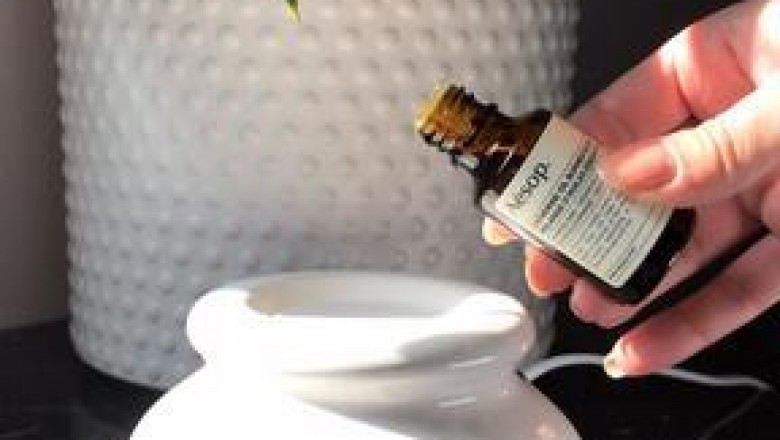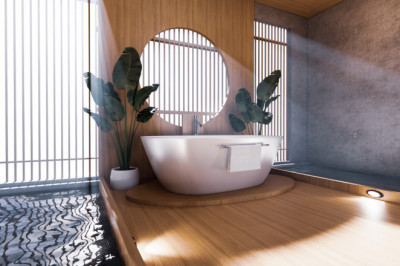views

Our battle with skin woes is a constant and ongoing one. The skin ailments might vary but rarely do they end. One of the most common of these ailments is acne. Acne prone skin can be a nightmare for most of us. It isn't just a skin concern faced by adolescents and young adults, it tends to show up much later in life as well owing to work life stress, external environmental factors, reaction to chemicals present in skin care and hair care cosmetics, unhealthy crash diets, and hormonal imbalances.
Most of us tend to use over the counter anti-acne face wash, creams, and ointments for acne treatment. These are generally loaded with benzoyl peroxide, and salicylic acid, which might work just fine for some but remain ineffective for others. A lifestyle change is another factor that only a rare few decide to stick by. Another category of acne treatment that relies heavily upon an amalgamation of natural herbal extracts and cold pressed, distilled essential oils is Ayurvedic acne treatment. Ayurvedic skin care relies heavily upon organic plant-based ingredients which makes it less likely to have a damaging side effect on your skin. One such ayurvedic herb that has garnered significant traction in recent times is Tea tree.
Tea Tree essential oil has been the recent skin care fad for acne prone skin. Let's try to understand this miracle plant, how it affects the skin and the right way of using it. Tea tree oil is extracted from the leaves of Melaleuca alternifolia plant also known as tea tree. The oil has anti-inflammatory, anti-bacterial and anti-fungal properties that make it suitable for acne treatment. Tea tree oil has several benefits including but not limited to, lice removal, dandruff, eczema, athletes' foot, acne scars treatment and acne removal. Positive impacts of tea tree derivates for topical treatment have been observed time and again amongst several patients during clinical trial.

Essential oils are cold pressed and distilled such that they are extremely concentrated and cannot be applied directly to the skin. These essential oils must be used in combination with a carrier oil. A mere 2-3 drops of tea tree essential oil are fairly potent and must first be mixed with 12-15 drops of mild carrier oil of your choice. Cleanse your skin and gently pat dry it before you begin to apply this elixir to your skin. Another word of caution to ensure before applying tea tree oil is to patch test it on your unaffected skin to ensure that there is no allergic reaction. Once the oil passes the patch test, smoothly dab the tea tree oil over your skin a couple of times a day and see the difference it creates over time. This essential oil can work wonders for your acne prone skin.
Additionally, if you want to avoid the hassle of picking the right carrier oil, mixing them, dipping cotton balls in the concoction to eventually begin dabbing, and creating a giant mess through the process, then you can look for tea tree oil-based products as well. TAC - The Ayurveda Co. with its range of Tea tree-based products can be your one stop solution for complete tea tree acne care. TAC’s Tea tree Neem, Basil anti-acne face wash, and anti-acne and spot corrector tea tree face serum have all the tea tree oil benefits minus the hassle.
Tea Tree essential oil has been the recent skin care fad for acne prone skin. Let's try to understand this miracle plant, how it affects the skin and the right way of using it. Tea tree oil is extracted from the leaves of Melaleuca alternifolia plant also known as tea tree. The oil has anti-inflammatory, anti-bacterial and anti-fungal properties that make it suitable for acne treatment. Tea tree oil has several benefits including but not limited to, lice removal, dandruff, eczema, athletes' foot, acne scars treatment and acne removal. Positive impacts of tea tree derivates for topical treatment have been observed time and again amongst several patients during clinical trial.











